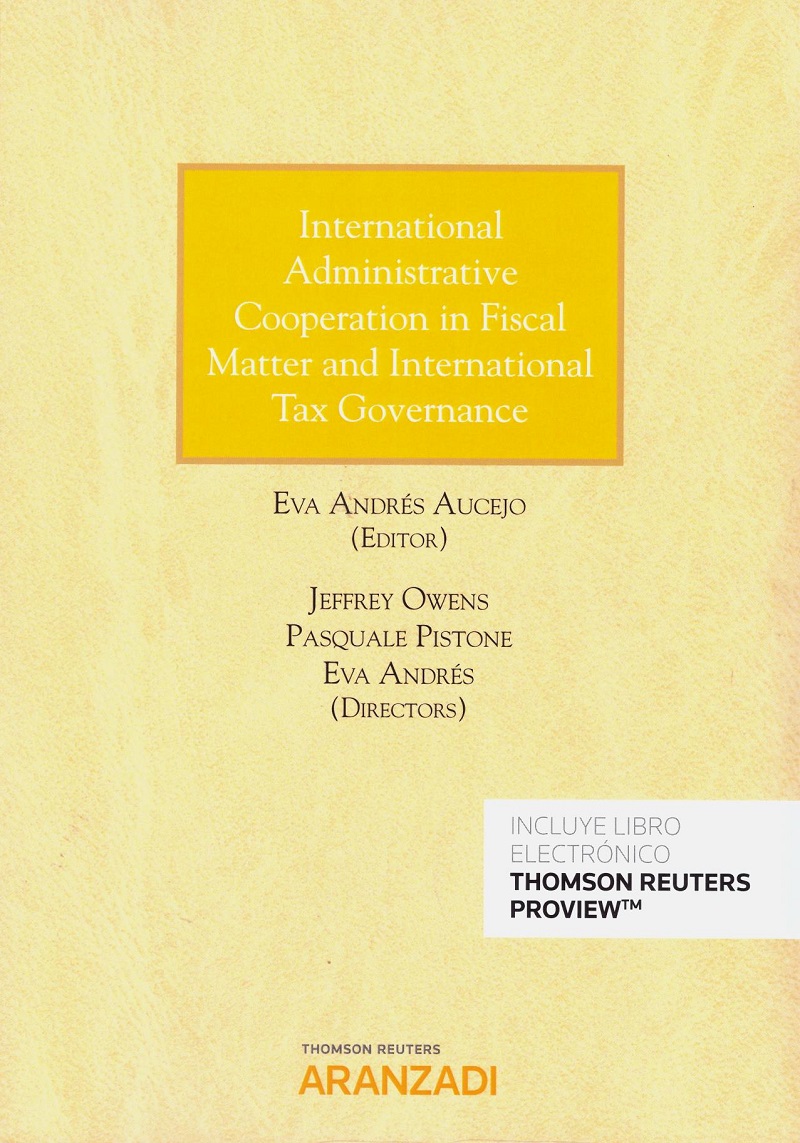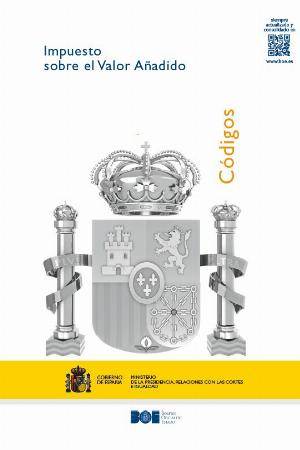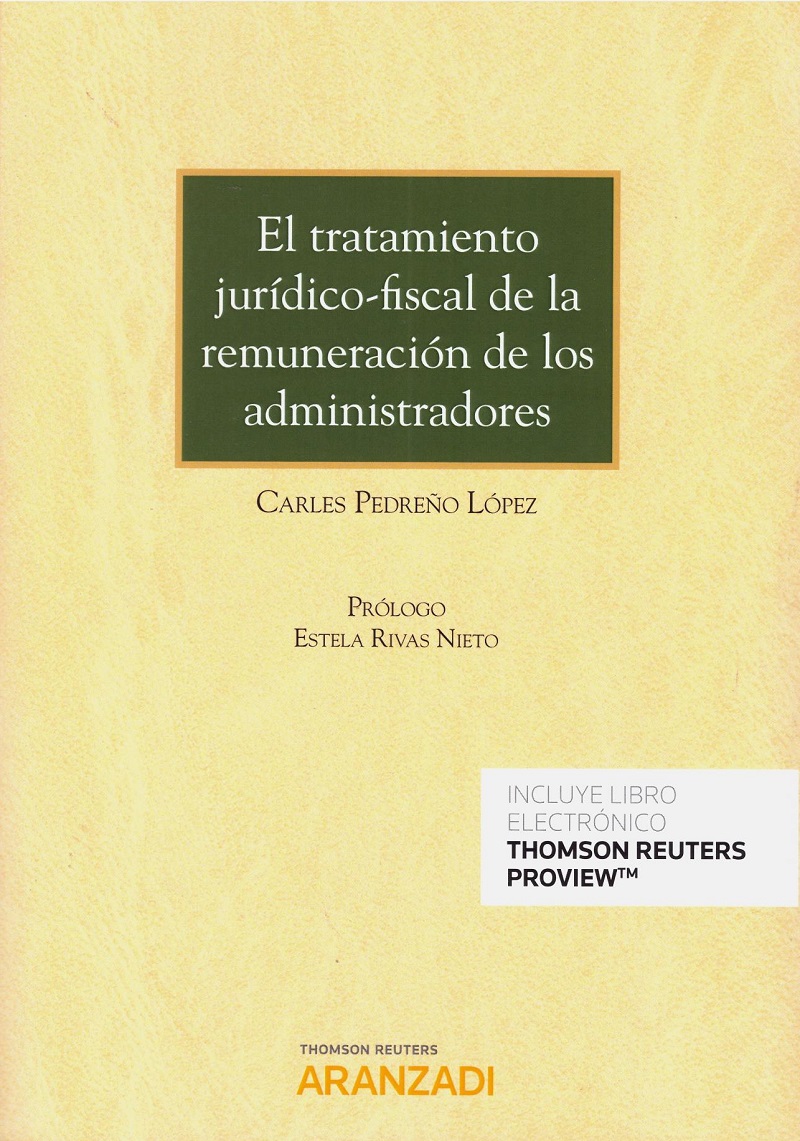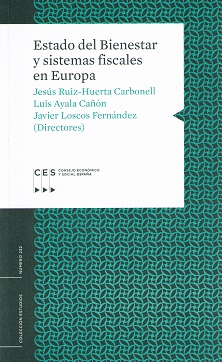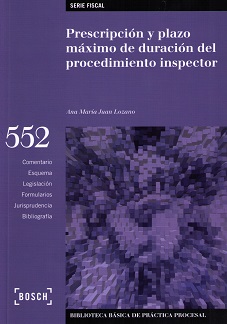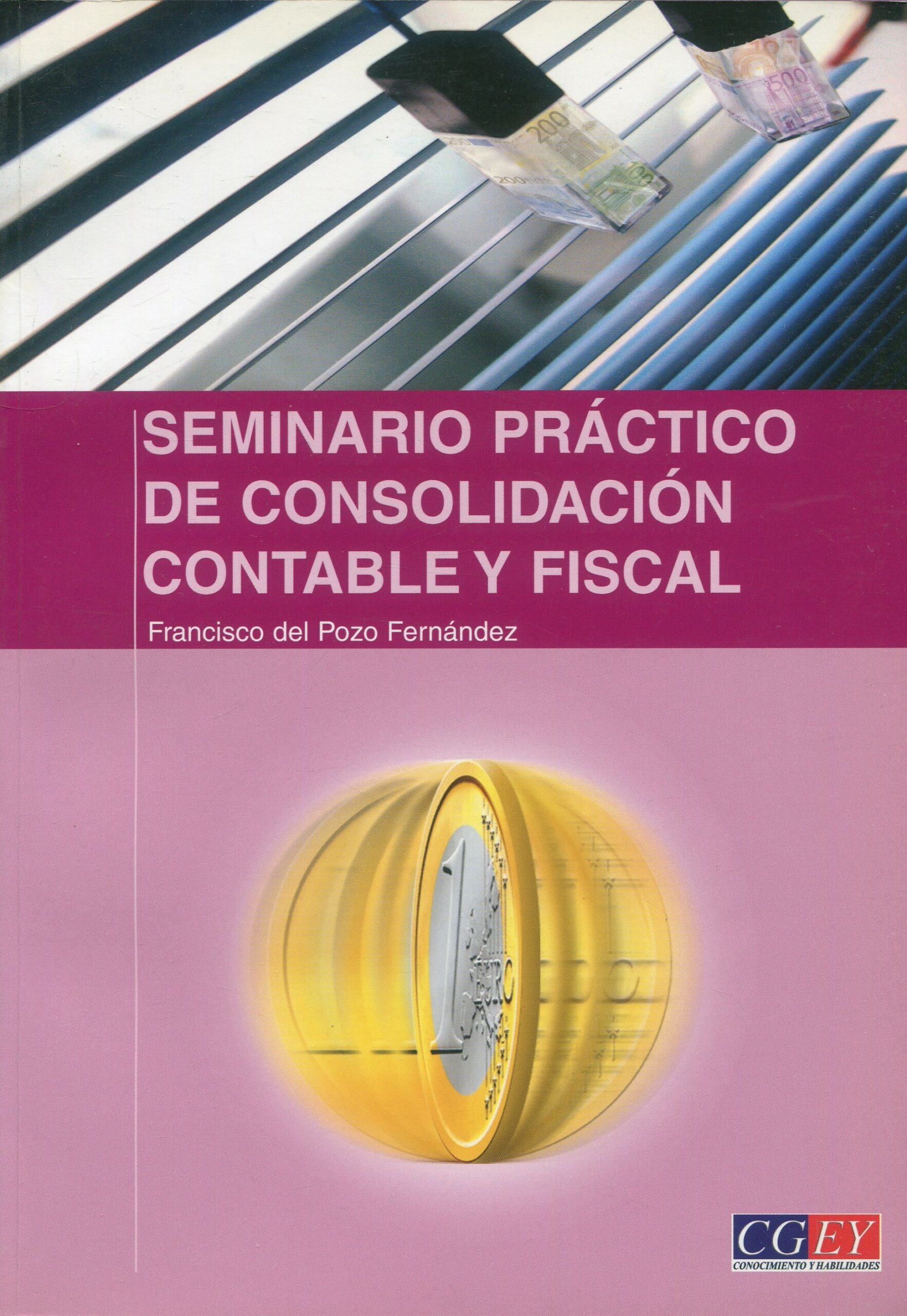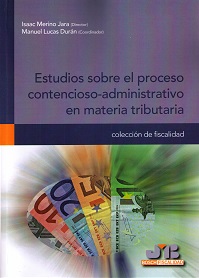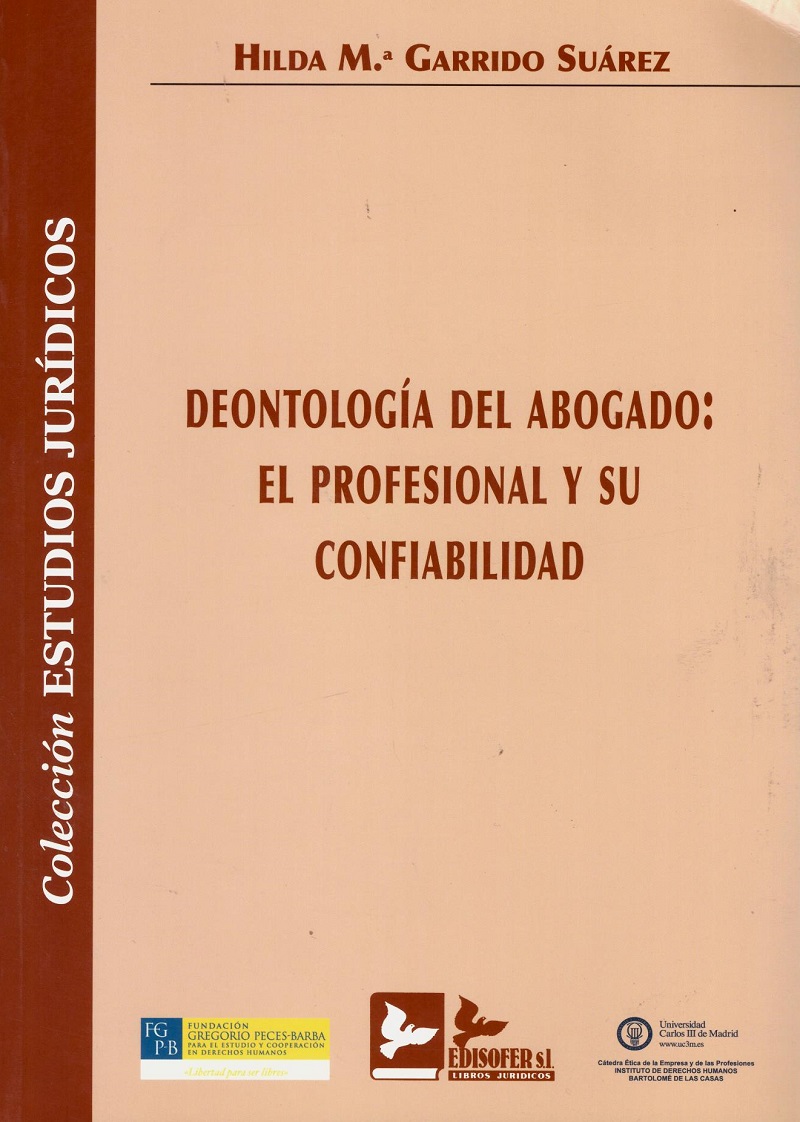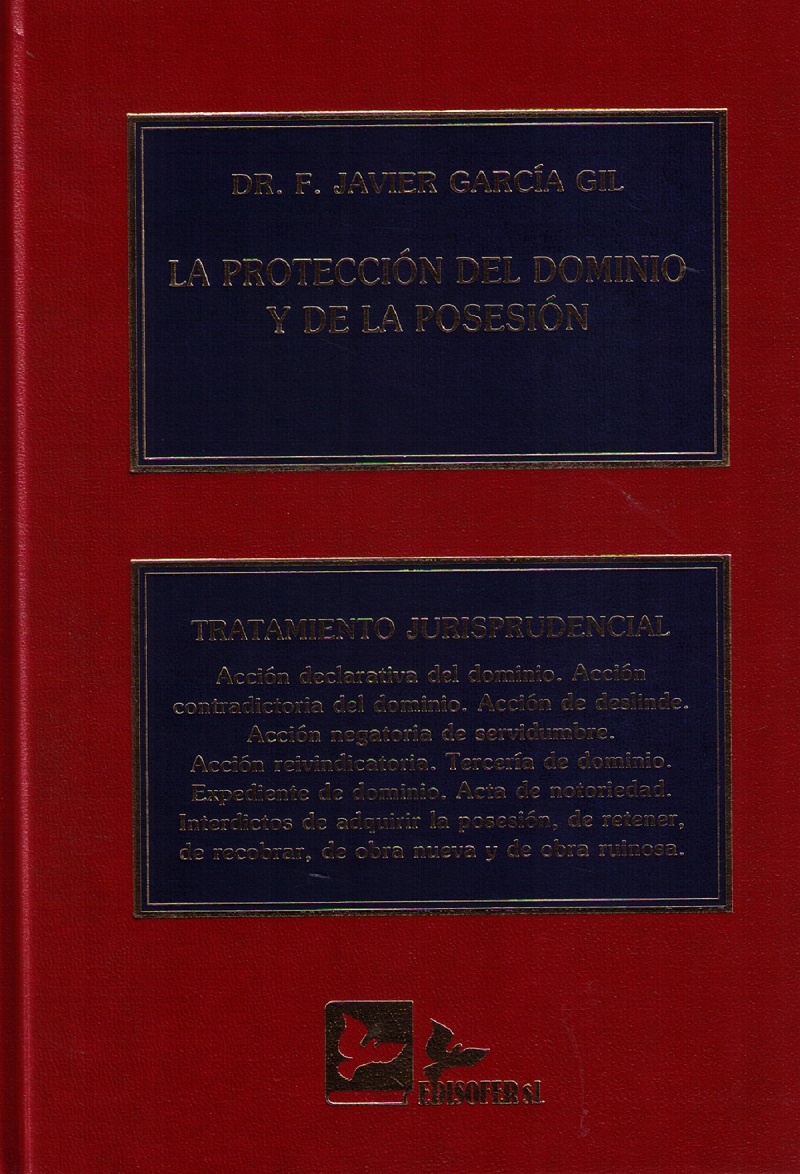Globalization reduces the relevance of national borders and new technologies enable firms, large and small, to take advantage of this new borderless environment.
Today, more than one -third of cross- border activities takes place within multinational enterprises and trade is predominantly carried out by means of global value chains.
And traditionally it is the growth in these cross-border activities that have been the driving force behind global economic growth. Yet governments remain national and continue to guard jealously their fiscal sovereignty, even though in practice this sovereignty is severely constrained by the need to provide a competitive tax environment and not to get too much out of line with ones competitors.
Authors
PRESENTATIONS
- The role of international tax cooperation in a global economic environment, Joffrey Owens
- International administrative cooperation in tax matters and international tax governance: the role of the European Commision, Franco Roccatagliata
- Why is international cooperation in tax matters a topical subject for discussion today?, Caroline Edery
- International association and international administrative and fiscal cooperation, CFE Tax Advisers Europe, Piergiorgio Valente, Stella Raventos-Calvo
- Sustainable development goals and taxation, Marco Nicoli
TITTLE 1
THE ROLE OF THE INTERNATIONAL AGENTS ON INTERNATIONAL ADMINISTRATIVE COOPERATION IN TAX MATTERS
Chapter 1
The role of the European Commision (taxud) on International Tax Cooperation, Thomas Neale
Chapter 2
The role of OECD on International Administrative Cooperation and Governance in Tax matters, Jorge Marcelino
Chapter 3
International administrative cooperation in tax matters and tax governance: the role of the United Nations, María Amparo Girau Ruiz
Chapter 4
Tax policy in the EU: Key role for tax advisers, Piergiorgio Valence
Chapter 5
The role of the United States on international administrative cooperation in tax matters, Jorge Marcelino
TITLE II
INTERNATIONAL ADMINISTRATIVE COOPERATION AND INTERNATIONAL TAX GOVERNANCE: CONCEPTS, PRINCIPLES AND SOURCES
Chapter 1
The global tax model: building modernized tax systems towards on international tax cooperation and global tax governce: architecture for sustainable development & equity societies (Ongoin UN 2030 & Addis Ababa Action Agendas), Eva Andrés Aucejo
Chapter 2
Is there an international fiscal constitution?, Peter Hongler
Chapter 3
Taxation, right to good administration and behavioral economics: improving public decesions through law, Juli Ponce
Chapter 4
International administrative cooperation on excise taxes: why administrative cooperation in the field of excise duties within the European Union Works?, Alex Ortega Ibáñez
Chapter 5
International adminsitrative cooperation in customs matters, Santiago Ibáñez Marsilla
Chapter 6
The Exchange on information as a paradigm of cooperation between tax adminsitration, Esther Monterroso Casado, J. Andrés Sánchez Pedroche
Chapter 7
International administrative cooepration in the tax collection. The Paramount importance of tax collection (in relation with automatic Exchange of information), Paul van der Smitte
Chapter 8
The costs of adminsitrative co-operation. Different approaches ofr different institutional dynamics?Alessandro Turina
TITLE III
THE TAXPAYERS’ RIGHTS: CONCERNS AND LIMITATIONS
Chapter 1
Balancing and safeguarding taxpayers’ rights wuthin the EU – A European Taxpayers’s Code, Piergiorgio Valente
Chapter 2
Taxpayers’s Procedural rights during Exchange of information procedures, Pietro Mastellone
BACKGROUNDS
- Program tax
- Chronicle of international Congress
- Collage
- Book of the conference Proceedins



